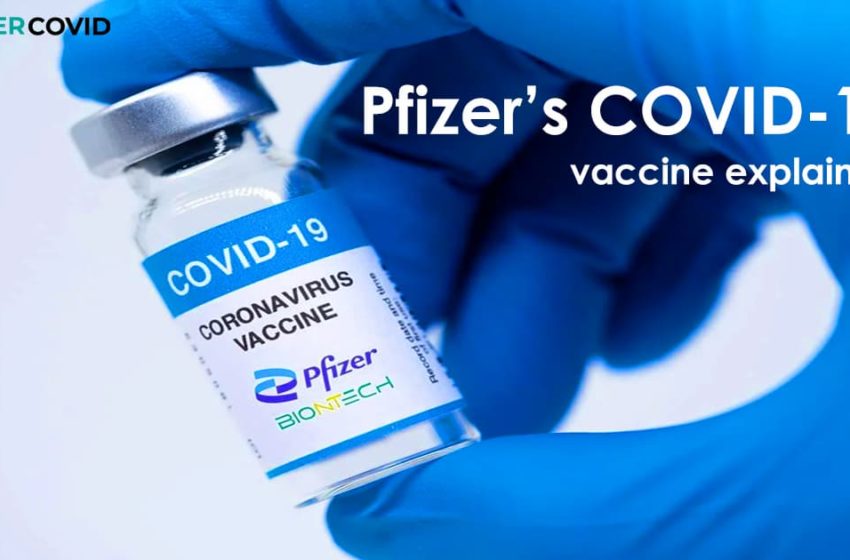How effective is COVID-19 vaccine?
One of the biggest question is whether vaccine stops spread, because it’s the biggest issues. We still don’t know exactly whether people can give covid to another after the injection. Some fear that vaccinated individuals can still carry the virus but simply not show symptoms. Therefore, these people would infect others. It is currently too early to know if this is true.
In addition, it is unknown if the Pfizer jab will last long-term or if patients will need to take a booster in the future as well. There is a belief that people, especially the vulnerable, will need the vaccine each year, just like they would be for the flu.
The World Health Organization stated that 50% efficacy is the very minimum that an acceptable coronavirus vaccine should be. Pfizer’s is 95% effective independent medical experts suggest, and it means that WHO’s threshold is easy.
While there are those claiming the vaccine won’t work or will be inefficient, we should note one thing. The flu vaccine is only 40% to 60% effective. In an attempt to get the world back to where it was pre-COVID-19, the Pfizer vaccine gives the world its first potential way to return to normality. Until further results, pregnant women and kids under 16-years-old has to avoid vaccine. The vaccine has not been tested on pregnant women yet
